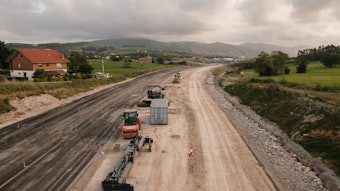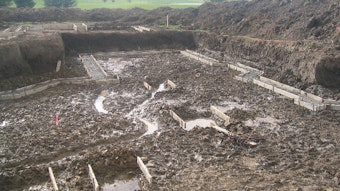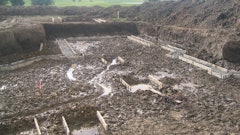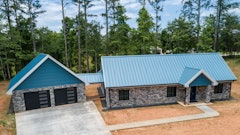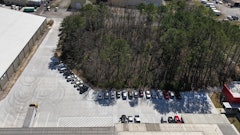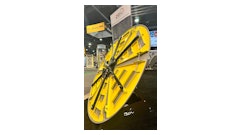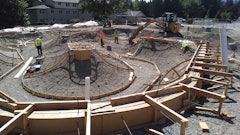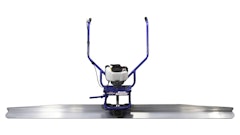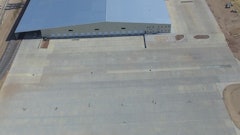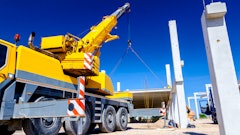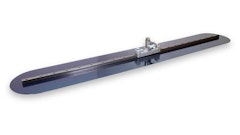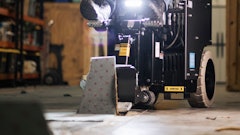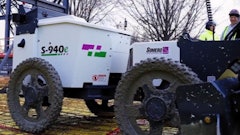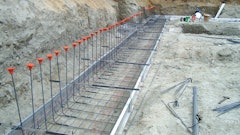I recently attended the Concrete Foundations Association (CFA) Summer Meeting. The theme of the event was "Surviving a Down Economy." Most CFA members have at least a partial focus in the residential market, although many of them are primarily residential contractors. Needless to say, the current market makes them, at the very least, uneasy. But what I heard from contractors at the event was not all dire. Some have found success through tapping into niche markets and diversifying their companies.
For instance, one contractor is marketing the "green" side of his foundations, namely concrete's energy efficiency and use of recycled materials. Another is focusing on building efficiencies that can be incorporated into affordable housing. The most common reaction contractors are having to the down residential market, however, is working to grab a piece of the commercial pie.
Turning to commercial work can be risky business for the residential contractor who isn't prepared. I want to share with you several pieces of advice I heard at seminars and lunch-table discussions that successful contractors have found essential when taking on more commercial work. The tips apply to any concrete contractor looking at increasing his commercial load:
- Take on small, simple jobs you can handle, such as big box stores or projects with a lot of slab work.
- As the amount of concrete you have on the jobsite increases, your need for organization grows exponentially.
- With more competition in the market, you need to find talents or expertise that set your company above competitors, such as F numbers.
- Commercial jobs require more supervision, requiring you to budget and schedule workers to take on these roles.
- Realize the need for tighter tolerances and invest in the education, talent, equipment and technologies you need to meet those demands.
- Estimating mistakes can be more costly on a commercial project.
- Give your employees the safety training they need ? commercial jobs are often a lot higher off the ground than a residential project.
A smart business plan is one that's flexible, and a smart business owner is one who can recognize the opportunities in being flexible. If you're looking to diversify your company to better weather market changes, do your homework, take advice and march safely and profitably into your next frontier.

